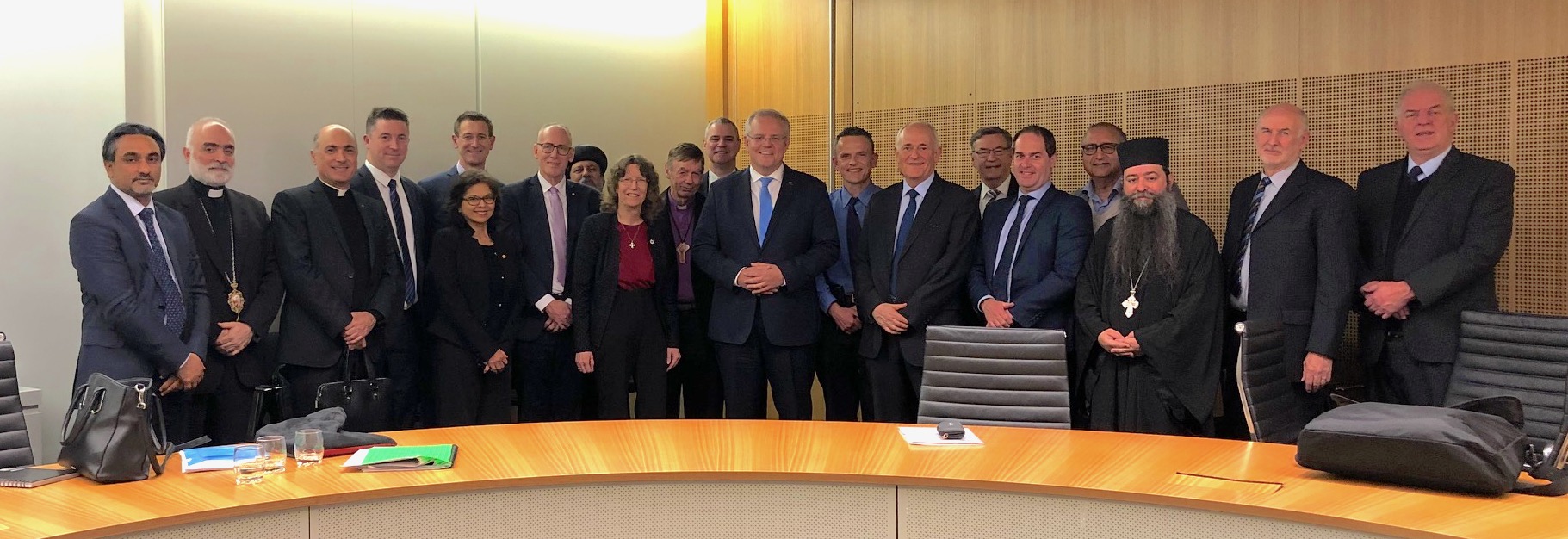 Religious Freedom Statement by the Federation of Australian Buddhist Councils (FABC)
Religious Freedom Statement by the Federation of Australian Buddhist Councils (FABC)
We live in a wonderful pluralistic society with people of diverse views.
Article 18 of the The International Covenant on Civil and Political Rights (ICCP) states: -
Everyone shall have the right to freedom of thought, conscience and religion. This right shall include freedom to have or to adopt a religion or belief of his choice, and freedom, either individually or in community with others and in public or private, to manifest his religion or belief in worship, observance, practice and teaching…
The right to freedom of thought, conscience and religion belongs to all the religions: the theistic, the non-theistic, those moving towards, away from, or between religions and people of no religion.
Freedom of Religion sits alongside and in partnership with other basic human rights to which Australia is committed to uphold. These include freedom of expression, freedom from sexual discrimination and the right to be free from discrimination. There is no hierarchy of these human rights. Freedom of religion is not higher than the other human rights.
In exercising these basic human rights, compassion and wisdom should be applied not just for one’s own religion but for the good of all Australians. No freedom is absolute and competing rights should not be diluted.
Religious freedom is already protected in many of our Commonwealth legislation, for example the Fair Work Act, the Sexual Discrimination Act and the Marriage Act by the exemptions within those Acts.
Whilst we do not see a necessity for a Religious Freedom Act, as religious rights are already protected in our current legislation, we do not oppose the development of a Religious Discrimination Act.
However, we are of the view that having to establish exemptions sits better with the notion that all human beings have inherent rights and that this proposition, arising from the fundamental dignity of all human beings, is where we should begin.
Once we accept this proposition, it is possible to argue for particular circumstances where there should be exemptions. But if you want to depart from this basic proposition, you should be required to argue for and justify your position.
Rather than being laid in prescriptive legislation, our view is that an exemption approach in the well- established tradition of current anti-discrimination legislation is preferable. This requires a person or group to establish the rationale for the exemption and allows for the uniqueness of each situation.
We agree with the Ruddock Report recommending provisions allowing charities exemptions. Similarly, we are agreeable to religious schools setting out particular codes of conduct which they expect of staff so long as these are clearly stated and transparent to everyone.
However, we are not agreeable to this exemption being applied to students because we believe that those who are still in their formative years should have greater freedom to explore and enquire as they develop their adult persona.
We are concerned that the role of Government in providing physical and mental safety to its people should not be unintentionally undermined by a Religious Freedom Act.
Religious freedom should not be used in any way to allow for hate speech or to sow the seeds of division within society. Domestic security experts are informing us that hate speech can cause home grown radicalisation especially amongst the young as can be seen, most unfortunately, in the recent Christchurch attack.
As a safety net, a similar provision like s 93Z of NSW Crimes Act which makes it an offence to intentionally or recklessly threaten or incite violence towards someone on the grounds of race, religion, sexual orientation.
We are also concerned that the rights of the LGBTI community will be diluted by the purported exercise of religious freedom. We understand that some religious communities find people of different sexualities or genders challenging. But it would be an error, if genuine efforts to support religious freedom, once again allowed discrimination against another section of Australian society.
Cecilia Mitra LLB hons (Singapore) LLM (UWA)
President
Federation of Australian Buddhist Councils (FABC)